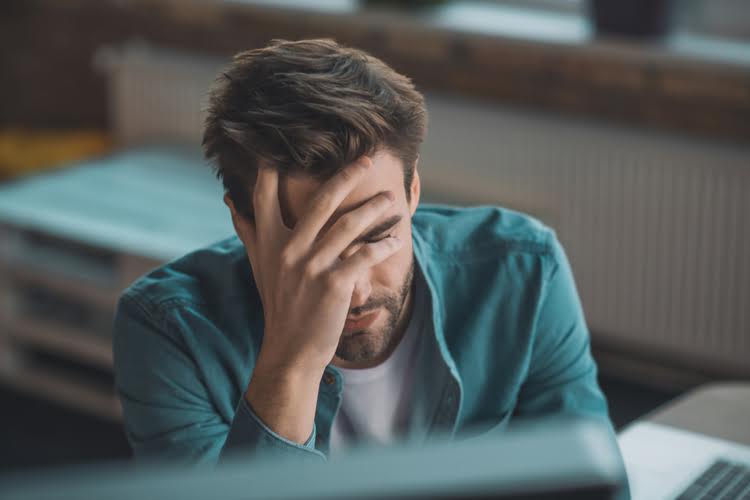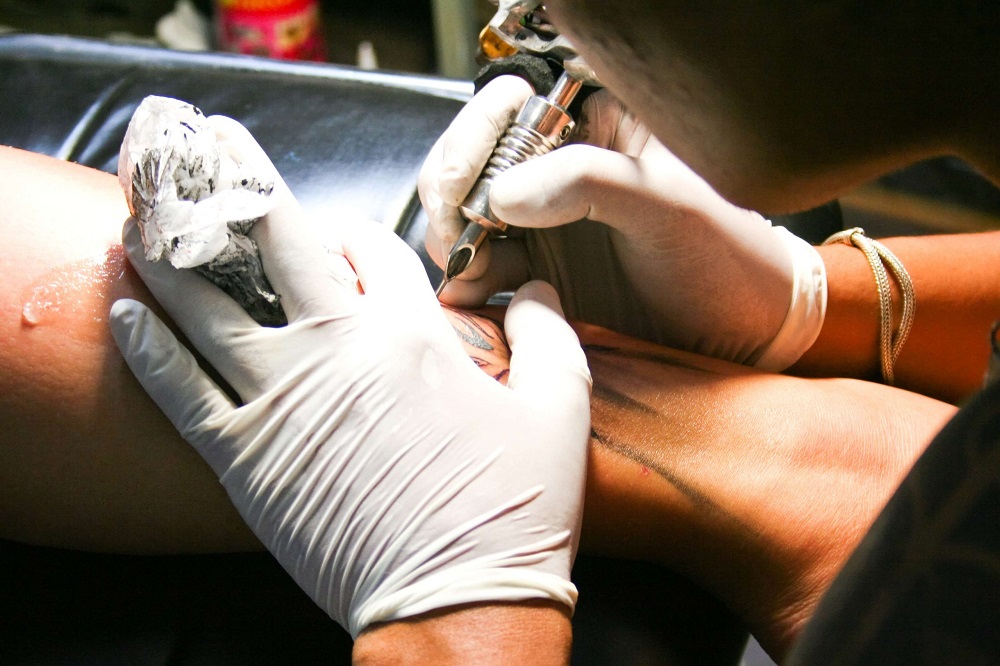Measures of alcohol use also vary greatly across studies (Table 2). In an analysis of the Medical Outcomes Study data, the measure of alcohol use was limited to a dichotomous categorical definition–no history of use, past or current use (1). In addition, the preponderance of cross-sectional studies limits conclusions regarding causal direction.
Furthermore, an evening chronotype and greater shifts in weekday-weekend sleep-wake schedules have been linked to alterations in the brain sensitivity to reward and possibly a change towards greater substance use behavior. The recommended treatment for insomnia disorder in the community, as well as those with AUD, is CBT-I. Drinking alcohol before https://ecosoberhouse.com/ bed can increase the suppression of REM sleep during the first two cycles. Since alcohol is a sedative, sleep onset is often shorter for drinkers and some fall into deep sleep rather quickly. As the night progresses, this can create an imbalance between slow-wave sleep and REM sleep, resulting in less of the latter and more of the former.
Make Your Space Sleep-Friendly
Longitudinal studies evaluating PSG sleep have demonstrated the presence of increased SOL and sleep fragmentation, a decreased TST, and, abnormalities in SWS and REM sleep stages. Slow wave sleep is decreased early in recovery and gradually normalizes over time and around 2 years of sobriety (Williams and Rundell, 1981, Imatoh et al., 1986, Drummond et al., 1998). Alcohol can have a sedative effect and cause a person to fall asleep more quickly than usual. However, consuming alcohol can also cause sleep disruption and other adverse effects on people’s health. Being a sedative and depressant of the central nervous system, alcohol can increase feelings of tiredness and sluggishness. One of the side effects of alcohol is drowsiness, so it can make you fall asleep quickly.

People can develop a tolerance for alcohol rather quickly, leading them to drink more before bed in order to initiate sleep. Those who have been diagnosed with alcohol use disorders frequently report insomnia symptoms. Although experts can’t be certain that alcohol directly does alcohol cause insomnia causes insomnia, numerous studies have found a link between this sleep disorder and alcohol consumption. Behavioral studies suggest that up to 2 to 3 standard drinks before bedtime initially promotes sleep, but these effects diminish in as few as 3 days of continued use.
How Alcohol Affects People With Insomnia
Research has found that people’s ability to remember, pay attention, and carry out cognitive functions declines with a lack of sleep. Alcohol consumption can lead to a lack of sufficient quality sleep, which can seriously affect cognitive functions such as learning and memory. Alcohol can lead to fragmented sleep and waking up during the night, as it disrupts the sleep cycle. An older study concluded that alcohol might reduce sleep in the first half of sleep and increase disruption in the second half. Consuming alcohol and experiencing restricted sleep reduces alertness during the day. If you’re turning to alcohol to help you sleep, you may be making the quality of your sleep worse.

This should give the body enough time to metabolize the alcohol and get it out of one’s system, allowing them to enjoy unaffected sleep,” explains Dr. Hsu. While Insomnia can lead to a dependency on alcohol, the opposite, like many mental disorders, is also true. In general, the use of alcohol can prevent someone from falling into deep sleep, which is crucial to maintaining normal brain function, physical health, and emotional well-being. The toll this takes could already cause strain to one’s life and relationships.
Alcohol and Insomnia
Throughout the night, your brain will cycle through all of the sleep stages multiple times to give you a good night’s rest. A person might think that having a drink before bed may help them sleep because alcohol helps them relax. Because of drinking’s negative impact on sleep cycles, a person does not sleep as well if they drink before bed. Insomnia, the most common sleep disorder, is marked by periods of difficulty falling or staying asleep.

Alcohol can have either a stimulating effect that increases sleep latency (time to fall asleep) or a sedating effect that induces sleep, depending on dose and the interval from drinking to bedtime. Stimulating effects are noted at low doses and as blood alcohol levels rise, usually in the first hour after use. In contrast, sedating effects occur at high doses and as blood levels fall (14–17). Interestingly, few studies have focused on the stimulant properties of alcohol, which may not only relate to insomnia but to the vulnerability to alcohol use problems over time.
Be a sleep-smart drinker.
Researchers have found that insomnia is a risk factor for alcohol abuse. Keep in mind that for people with AUD, sleeping issues may persist through the withdrawal phase. Researchers from a 2020 study concluded that those with AUD need at least 5–9 months of abstaining from drinking in order to normalize their sleep duration and rhythm, so try to be patient with yourself during this time. Men and women who consume two or more drinks per day had two-to threefold increase in periodic leg movements that fragment sleep (66).
Unfortunately, many attempt to use the sedative effects of alcohol to combat their insomnia through self-medication. There is a growing body of literature demonstrating a bidirectional relationship of insomnia with alcohol consumption and alcohol misuse. Napping was common during recovery in one study resulting in longer WASO times, decreased TST and lower SE (Currie et al., 2003a).
Downing energy drinks could make it harder for you to fall asleep – and make it more likely your sleep will be disturbed. The intensity of insomnia will dictate whether an individual seeks treatment with either prescription or over-the-counter medications, or self-treatment. The majority of persons with sleep difficulty do not consult their physician with insomnia, which raises the question of how frequently alternative substances are used for sleep (6).
- This can seem like a good thing at first, but it doesn’t paint the whole picture of what happens to your body throughout the night.
- Alcohol has sedative effects that can induce feelings of relaxation and sleepiness, but the consumption of alcohol — especially in excess — has been linked to poor sleep quality and duration.
- Drinking alcohol in moderation is generally considered safe but every individual reacts differently to alcohol.
- For me that was just an excuse, but I bought into the lie that drinking helped me sleep for a long time.
- Sleep apnea is a common disorder where the airway collapses or becomes blocked during sleep.





















































